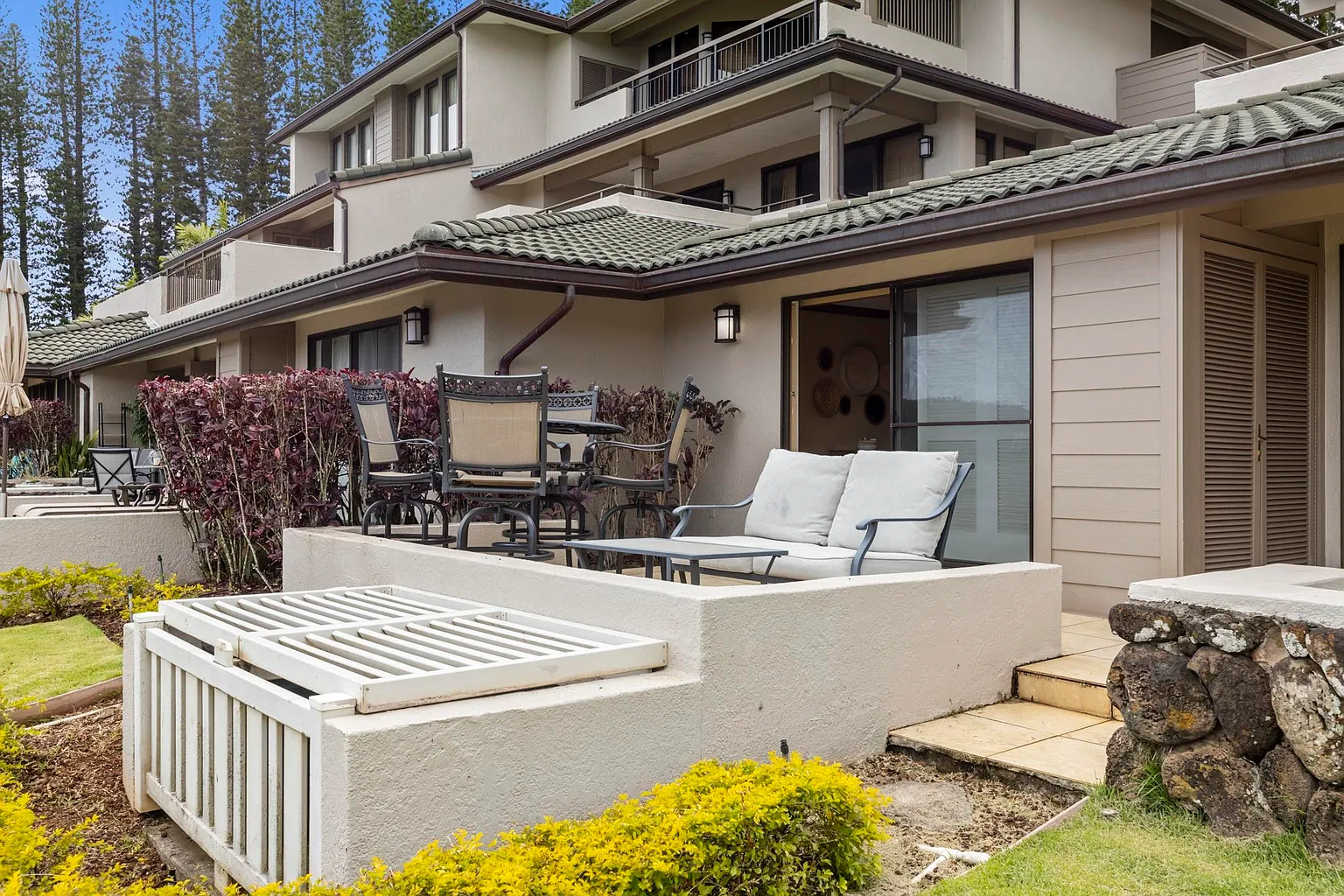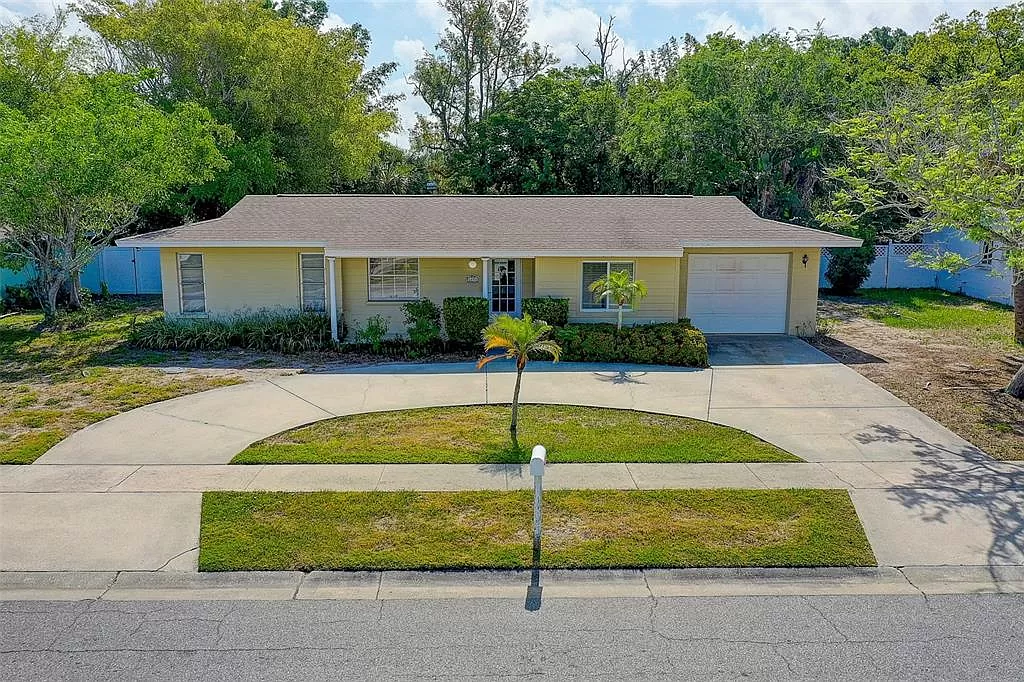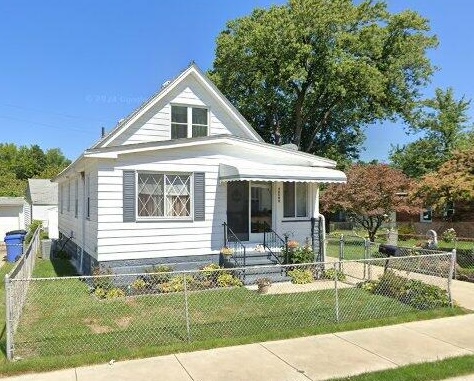Editorial Integrity
Making informed real estate decisions starts with having the right knowledge. At HomeAbroad, we offer US mortgage products for foreign nationals & investors and have a network of 500+ expert HomeAbroad real estate agents to provide the expertise you need. Our content is written by licensed mortgage experts and seasoned real estate agents who share insights from their experience, helping thousands like you. Our strict editorial process ensures you receive reliable and accurate information.
Key Takeaways:
1. Foreign nationals can qualify for DSCR loans on 2 - 4 unit multifamily homes using property's rental income, without needing US credit or US income.
2. Multifamily rentals often produce stronger cash flow, making it easier to meet DSCR requirements compared to single family rentals.
3. HomeAbroad DSCR loans support LLC ownership, remote closings, and simple documentation for buyers investing from abroad.
4. DSCR loans offer flexible guidelines that help international real estate investors scale a long-term rental portfolio in top US markets.
Table of Contents
Foreign nationals who want to invest in US real estate often look at multifamily properties because they offer stronger rental income and better long-term returns. The challenge is qualifying for a mortgage without US credit, US income, or domestic tax returns.
Conventional financing does not work for most international real estate investors, which is why DSCR loans have become the preferred option.
A HomeAbroad DSCR loan allows foreign nationals to buy 2 – 4 unit multifamily properties by qualifying based on the property’s rental income instead of personal income. This makes it possible for global investors to build a rental portfolio in the US without creating a full financial profile in the country.
What is a Multifamily Property?
For DSCR lending, a multifamily property refers to 2 – 4 residential units on the same lot. These homes are considered residential real estate and qualify for DSCR underwriting without the complexity of commercial lending.
Examples include:
These properties are highly attractive to foreign nationals because they allow you to collect income from multiple units while holding one mortgage.
Why DSCR Loans Are Ideal for Foreign Nationals Buying Multifamily Properties
Foreign nationals face three major challenges when applying for US mortgages:
Conventional lenders require all three, making approval unrealistic for someone living abroad.
A DSCR loan removes these barriers. HomeAbroad evaluates the income potential of the property instead of your personal financial profile. If the rent can cover the mortgage payment, you can qualify even if you have never lived or worked in the US.
How DSCR Qualification Works for a Multifamily Property
A DSCR loan measures one thing:
Can the property’s rental income cover the mortgage payment?
The ratio is calculated as:

For multifamily properties, the rental income is usually stronger because it comes from multiple units. This often makes it easier for foreign nationals to meet DSCR coverage.
A DSCR of 1.25 means your rental income is 25% higher than your monthly debt obligations, a positive sign of financial stability.
At HomeAbroad, we typically look for a DSCR of 1 or higher when evaluating multifamily property loans. This means your rental income should cover, or exceed, your monthly mortgage payments.
But what if your DSCR is below 1? That doesn’t automatically disqualify you.
An investor I recently worked with in Florida had his eye on a promising multifamily property, but the DSCR came in at 0.85 below the typical lender requirement. He was struggling to qualify for a DSCR loan elsewhere. I helped him secure HomeAbroad’s No-Ratio DSCR loan and move forward with the investment.
For investors facing similar challenges, our No-Ratio DSCR loans offer greater flexibility, allowing qualification with a DSCR of 0 to 1. This option still allows investors to qualify for financing, but it comes with a slightly larger down payment (a 5% hit to LTV) and higher interest rates. It's a great solution when the numbers don’t meet standard requirements, but the investment potential is still strong.
DSCR Loan Requirements for Multifamily Properties
HomeAbroad offers tailored DSCR loan programs to meet the unique needs of global investors. Here are the key DSCR loan requirements for investors purchasing multifamily properties.
Features | Requirements |
|---|---|
DSCR Ratio | >= 1 for best terms, <1 eligible with a higher down payment. We provide DSCR Loans for foreign nationals with a DSCR ratio as low as 0.75, meaning you are eligible even if your rental covers just 75% of the mortgage. |
Credit Score | No US Credit History Required |
Down Payment | 25% |
LTV Ratio | Purchase: Up to 75% |
Cash Reserves | 6 Months |
Property Use | Investment properties (residential and commercial) |
Loan Amount | >=$100K – $10M |
With deep industry expertise and a commitment to investor success, HomeAbroad provides tailored DSCR loans, expert guidance, and seamless support to ensure a smooth and profitable real estate investment journey.
Step to Apply for a Multifamily DSCR Loan
Getting a DSCR loan doesn’t have to be complicated. At HomeAbroad, we simplify the process by offering tailored DSCR loans and expert support at every step. Here’s a quick step-by-step guide to applying for a DSCR loan:
Step 1 – Get Started with HomeAbroad
Step 2 – Connect with Our Mortgage Officers
Step 3 – Get Preapproval
Step 4 – Gather Your Documents and Complete the Application
Step 5 – Underwriting
Step 6 – Loan Approval
Step 7 – Closing
For a detailed walkthrough of each step, including documentation and timelines, check out our complete guide to applying for a DSCR loan.
Conclusion
DSCR loans are a powerful financing option for international real estate investors looking to grow their multifamily portfolio without relying on personal income or credit history. By focusing on the property’s income potential, DSCR loans make it easier to secure financing while maintaining healthy cash flow.
HomeAbroad simplifies the entire investment process. With our AI-powered investment property search platform, you can easily find high-yield rental properties, and our expert local agents provide guidance at every step. We also assist with LLC formation, US bank account setup, and property management so that you can invest confidently.
Get started with a HomeAbroad DSCR loan today and take the next step in your real estate journey.

Pre-qualify for a DSCR Loan in a Few Clicks.
No Paystubs, W2s, or Tax Returns Required.
FAQs
What is the minimum DSCR required for a multifamily loan?
At HomeAbroad, we prefer a DSCR of 1 or higher, meaning the property’s income covers the mortgage. However, we also offer No-Ratio DSCR loans, allowing approval even if DSCR is between 0 and 1 with a slightly larger down payment (a 5% hit to LTV) and higher interest rates.
What are the interest rates for DSCR loans on multifamily properties?
Interest rates for DSCR loans are typically slightly higher than traditional loans because they’re based on the property’s income, not your personal finances. Rates can vary based on factors such as DSCR ratio, loan amount, property type, and investor profile. Check the latest DSCR loan interest rates here.
How fast can I close on a multifamily property with a DSCR loan?
DSCR loans usually offer a faster closing timeline than conventional loans since they skip personal income documentation. At HomeAbroad, we aim to close within 30 days, helping you secure your investment property without unnecessary delays.




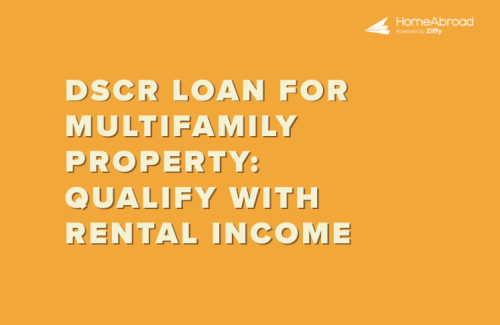




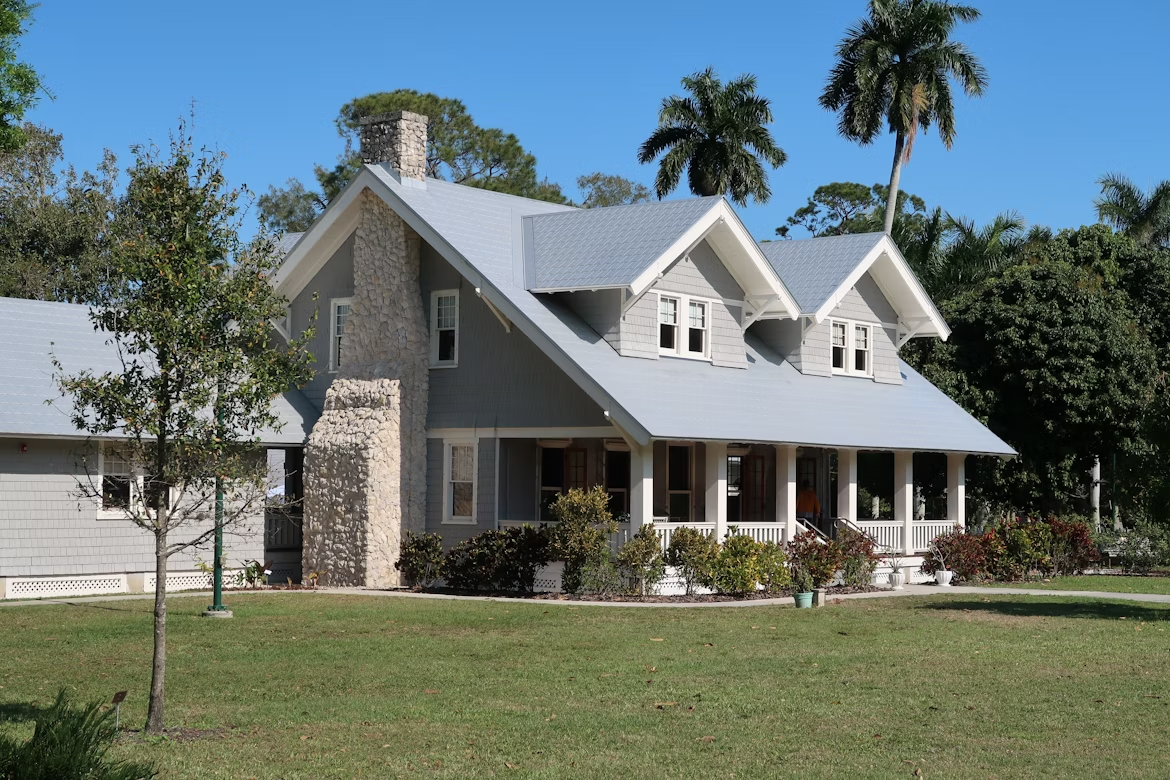


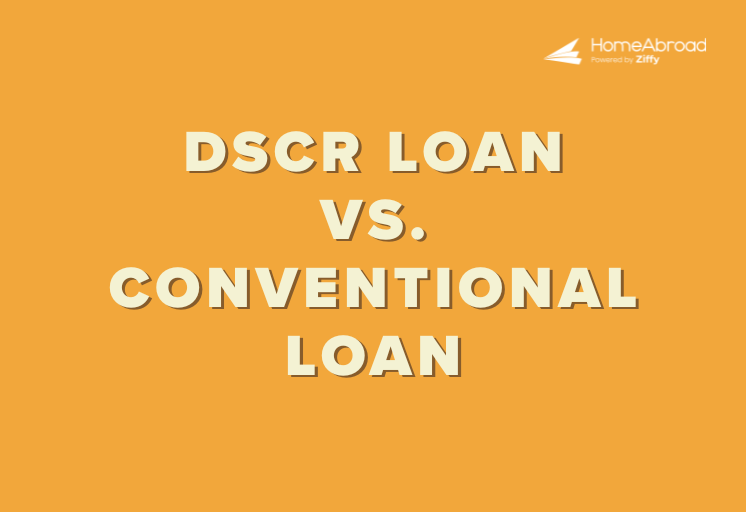
![DSCR Loans Guide for Foreign Nationals: What It Is & How to Apply in [2026]](https://homeabroadinc.com/wp-content/uploads/2022/06/dscr-loan-guide-FN.png)
